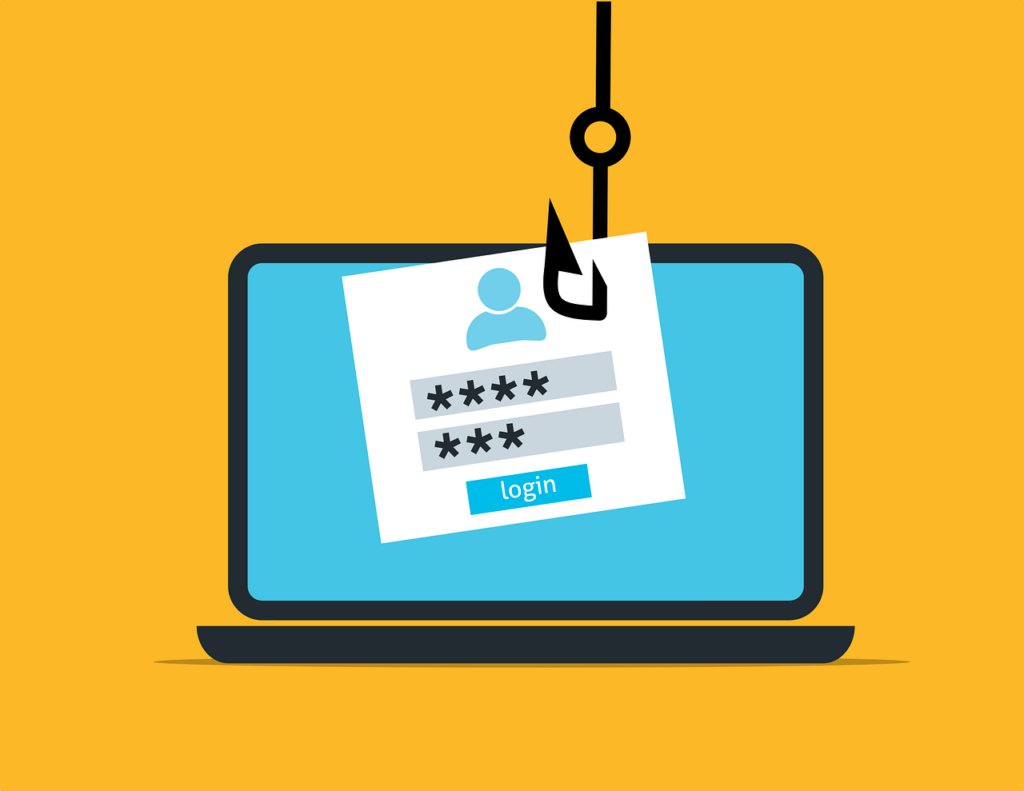Individuals working in positions directly relating to technology or software development often view GDPR compliance as being outside of their domain, and thus might not see the value in GDPR training. Though the extensive requirements of the GDPR can be difficult to fully comprehend, those working in technology development have a special role in ensuring […]
Blog
Weekly digest 4 – 10 July 2022: DSA and DMA adopted, setting standards on EU digital service providers
TechGDPR’s review of international data-related stories from press and analytical reports. Legal processes: DSA and DMA, China’s data exporters, ransom payments, CASPs Last week, the European Parliament adopted the new Digital Services Act (DSA) and Digital Markets Act (DMA), following a deal reached between Parliament and Council. The two bills aim to address the societal […]
Weekly digest 27 June – 03 July 2022: credential stuffing, misconfigured cloud storage, mobile devices at work, drones & privacy
TechGDPR’s review of international data-related stories from press and analytical reports. Official guidance: credential stuffing, patient privacy, use of drones The latest report from international data protection and privacy authorities has identified credential stuffing as a significant and growing cyber threat to personal information. A credential stuffing attack is a cyber-attack method that exploits an […]
Weekly digest 20 – 26 June 2022: future US data privacy law, new ban on GA, ‘watched from home’ employees
TechGDPR’s review of international data-related stories from press and analytical reports. Legal processes: future US data privacy law, Canada’s Bill C-27 Last week the “American Data Privacy and Protection Act” was officially introduced to the US House of Representatives. The document, be it enforced by Congress, promises to provide consumers with foundational data privacy rights, […]
Weekly digest 13 – 19 June 2022: privacy in the digital age, geolocation, access rights, ransom victim-shaming
TechGDPR’s review of international data-related stories from press and analytical reports. Legal processes: UK data protection reform, privacy in the digital age The UK Government published its response to the privacy in the digital age discussion ahead of data protection reform. During the consultation period, it engaged with a range of stakeholders, including over 40 […]
Weekly digest 30 May – 6 June 2022: secure multiparty computation, public procurement, voiceprints & privacy
TechGDPR’s review of international data-related stories from press and analytical reports. Official guidance: secure multiparty computation, public procurement, risk analysis, DPIAs The Spanish privacy regulator AEPD has published a tech-savvy blog post on Privacy by Design: Secure Multiparty Computation. It is possible to create federated data spaces, which avoid the communication and exposure of data […]
Weekly digest May 23-29, 2022: All you need to know about new sets of SCCs in Q&A
TechGDPR’s review of international data-related stories from press and analytical reports. Official guidance: new SCCs, facial recognition technology, DPOs, children’s data The European Commission has published questions and answers for the two sets of Standard Contractual Clauses, approved last year for data transfers within and outside of the bloc. These Q&As are based on feedback […]
Weekly digest May 16 – 22, 2022: cookie-walls, US governmental inquiries, cross-border transfers, AI for hackers
TechGDPR’s review of international data-related stories from press and analytical reports. Official guidance: ‘cookie-walls’, US governmental inquiries, cross-border data transfers The French regulator CNIL published its first evaluation criteria on ‘cookie walls’ or ‘pay walls. All the principles of the GDPR remain applicable to the processing of data related to the use of cookie walls. […]
Weekly digest May 9 – 15, 2022: UK data protection reform, and dark patterns invalidating consent
TechGDPR’s review of international data-related stories from press and analytical reports. Legal processes: UK data protection reform Last week in the Queen’s Speech it was announced that the UK’s data protection regime will be reformed through the introduction of the Data Reform Bill, dataprotectionlawhub.com reports. The Bill’s purpose is to “create a trusted UK data […]
Weekly digest May 2 – 8, 2022: DPO dismissals, shareholders, athletes privacy, passwordless future & more
TechGDPR’s review of international data-related stories from press and analytical reports. Legal processes and redress: DPO dismissals, Connecticut privacy draft law, EU Health Data Space Ius Laboris blogpost explains when data protection officers have special protection from dismissal. Art. 38(3) of the GDPR expressly states that they shall not be dismissed or penalised by the […]
- « Previous Page
- 1
- …
- 13
- 14
- 15
- 16
- 17
- …
- 22
- Next Page »









